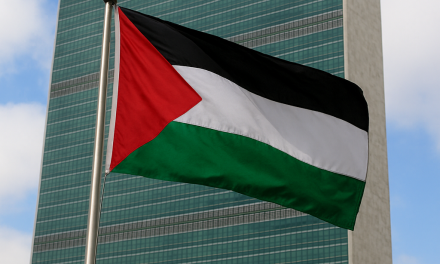
The Moral System of Islam

Moral sense is inborn in man and through the ages it has served as the common man’s standard of moral behavior, approving certain qualities and disapproving others. While this instinctive faculty may vary from person to person, human conscience has given a more or less uniform verdict in favor of certain moral qualities as being good and declared others as bad. On the side of moral virtues, justice, courage, bravery and truthfulness have always elicited praise. History does not record any period worth the name in which falsehood, injustice, dishonesty, and breach of trust may have been upheld.
Fellow- feeling, compassion, fidelity, and magnanimity have always been valued while selfishness, cruelty miserliness and bigotry have never received the approval of the human society; men have always appreciated perseverance, determination and courage and have never approved impatience, fickle-mindedness, cowardice and imbecility. Dignity, restraint, politeness, and amiability have throughout the ages been counted among virtues, whereas snobbery, misbehavior and rudeness have never found recognition as good moral qualities.
Persons having a sense of responsibility and devotion to duty have always won the highest regard of men; never have
people who are incompetent, slothful and lacking in sense of duty been looked upon with approval. Similarly, in respect of the standard of good and bad in the collective behavior of society as a whole, the verdict has always been
almost unanimous. Only that society has been looked upon as worthy or honor and respect which possesses
the virtues of organization, discipline, mutual affection and fellow feeling and has established a social order based on
justice, freedom and equality of men.
As opposed to this, disorganization, no discipline, anarchy, disunity, injustice and social imbalance have always been
considered as manifestations of decay and disintegration in a society. Robbery, murder, larceny, adultery, fraud and
graft have always been condemned. Slandering, scandal mongering and blackmailing has never been considered as wholesome social activities.
Contrary to this service and care of the aged, help of one’s kith and kin, regard for neighbors, loyalty to friends, assistance of the weak, the destitute and the orphans, and nursing the sick are qualities which have always been highly valued ever since the dawn of civilization. Virtuous, polite, mild and sincere persons have always been welcomed. Individual who are upright, honest, sincere, outspoken and dependable, whose needs conform to their words, who are content with their own rightful possession, who are prompt in the discharge of their obligations to others, who live in peace and let others live in peace and from whom nothing but good can be expected, have always formed the core of any healthy human society.
This shows that human moral standards are in fact universal and have been well-known to mankind throughout the ages. Good and evil are not myths to be hunted out. They are well- known realities and are equally well- understood by all. The sense of good and evil is inherent in the very nature of man. Hence, in the terminology of the Qur’an virtue is called “Ma’roof” (something to be announced) and evil is designated as “Munkar” (something to be denounced); that is to say virtue is known to be desirable for everyone and evil is not known to commend itself in any way. This fact is mentioned by the Qur’an when it says: “And (Allah gave to the Soul) i































